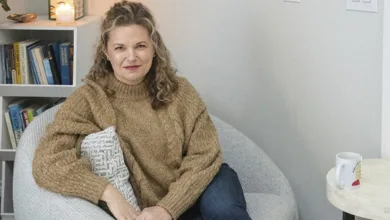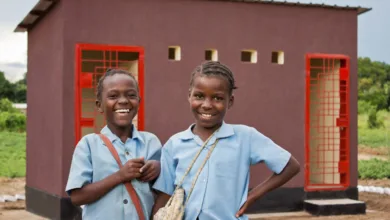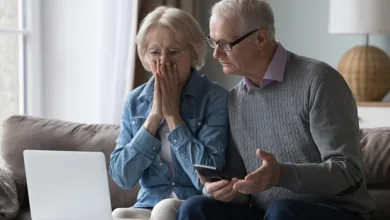Still Sitting in the Lot

I was reminded recently how fascinating human behavior is while waiting for my first dose of the COVID vaccine.
My husband and I, both classed as “1-B,” were fortunate to receive our first doses from Denton County Public Health.
When our turn came, the county sent us a text with our appointment details. Ever the good rule followers, my husband and I turned up at the designated location about 15 minutes early.
From the moment we approached the stadium site, volunteers shepherded us through the process. They stopped us every few feet to provide information, hand out forms and documents, check QR codes for registration, and ask about drug allergies.
After several verifications, we were administered the vaccine through our car windows. We were guided every step of the way by waving hands, batons, numbered lines, and color-coded tents.
Thousands of vaccine recipients and numerous staff and volunteers worked together in an elegantly choreographed dance that wasted no time or effort.
We were then ushered into yet another parking area and carefully guided into parking spaces. And then, nothing. After an hour of micro-supervision, we were rudderless. No one explained why we were parking, how long we would stay, or what would happen next.
After several minutes, I began to see the occasional driver slowly pull out. They inched away at a glacial pace, glancing about hesitantly. The rest of us observed these radicals, eager to learn if their departure was unimpeded. Were we allowed to leave at will? Would someone eventually come back for us? What exactly was expected of us?
It was a most uncomfortable situation.
I have years of experience parking and leaving. I was capable of doing so in that moment, but my husband and I both just sat there. I wondered if we were part of a brilliantly designed social experiment. On reflection, I think some of our compliant behavior resulted from the fact that the vaccine was free.
In Predictably Irrational, behavioral economist Dan Ariely considers differences in behavior due to social norms versus market norms. If a good or service is offered for free, or given as a gift, Ariely suggests the behaviors between giver and recipient are governed by social norms; they result in greater good will, loyalty, cooperation, and reciprocity. As soon as money comes into play — even if the price is close to free — market norms take over and exchanges become transactional. In these circumstances, any feelings of goodwill are gone.
Perhaps because the vaccine was administered as a free, potentially life-saving gift to us, we all cheerfully placed our cars exactly where we told, wore our masks, filled out forms, showed IDs and registration codes, drove back and forth in tight little lines, and generally did everything in our power to respond in kind to the gift received.
We were programmed to be cooperative, grateful, and compliant. So, when suddenly abandoned in a large parking lot, we weren’t sure if we had fully complied with our responsibilities. There was no cue that our social exchange had ended.
The vaccine clinic was very well-run. There was no harm done by letting recipients spend a few anxious minutes in a parking lot. The intriguing question is not why they put us there, but rather why we all stayed.






